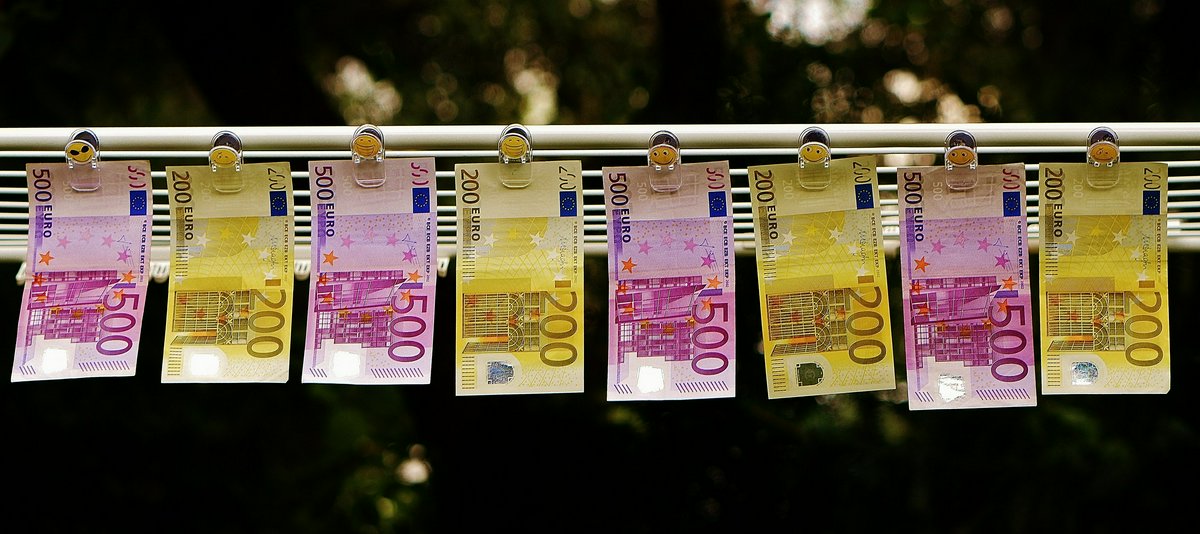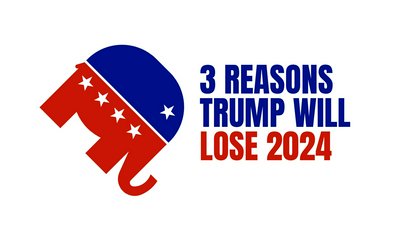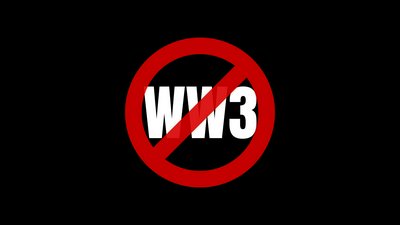economyFrance
Paternalism that Devastated Europe
Paternalism that promises the interests of the greater good does not deliver on this promise: Rather, it leads to a dependent populous incapable of innovation and free thoughts. It ossifies the political and social systems and resists reform.
Published by Dr Jiulin Teng on 18 Oct 2021

Sentiments in Europe against a range of policies have been high in recent years. Perhaps the best-known manifestation of such internationally is the Yellow Vests (gilets jaunes) movement. However, a common theme among these movements is the urge to replace one set of governmental actions with another. When Europeans bathe in their illusion of being “free”, they are rushing to have their freedom taken away for “the greater good” without deep appreciation of a simple fact: Paternalism does not reflect the greater good.
Three Examples of Paternalism that Achieve the Greater Bad
To understand what I mean by the last statement, I present to you the following examples. I do not fully elaborate on each point in the interest of brevity. You are welcome to study each on your own.
First, traffic cameras that kill: In the last two decades, especially during the last few years, thousands of speed cameras and red-light cameras have appeared in France. Some French bureaucrat says that there is “sans doutes” that these cameras saved lives, and 7.9% fewer people die from traffic accidents per year.
However, if we look like the tremendous improvements in safety technologies in cars introduced in the last two decades, we should expect a much more significant reduction in deaths. Anyone who has driven on the road knows that accidents tend to take place where there are these cameras! When you have to spend half your time checking the speed, accidents happen. Those who boast a 7.9% reduction have blood on their hands.
Second, regulations that stifle innovation: The EU employs a large number of bureaucrats (also known as technocrats or, euphemistically, experts) who job is to create new regulations. Europeans then wonder why they have very few new companies that are globally-competitive.
Regulations favor large corporations. Usually, they are the ones that influence regulations. Even when this is not the case, they have the means to comply with repressive regulations and, when preferable, the deep pockets to pay for the fines for non-compliance. The more regulated a market is, the harder it is for any entrant to emerge. While in economics there is a subject of optimal regulation, in today’s paternalist society (notably in Europe, but also elsewhere), the answer is always more regulation, often driven by political motives.
Third, unsustainable energy policy: Europeans hate coal and oil, which is understandable. However, many increasingly hate nuclear power, which is insane. In their minds, a renewable energy mix comprises primarily of wind and solar. What EU fails to grasp is that the continent has some of the fewest hours of sunlight per year and that wind is not always there when you need it. It is critical to have a source of energy that remains online regardless of the weather.
In fact, nuclear power remains one of the cleanest solutions. As the technology matures, it is becoming extremely safe. New generations of reactors are also able to use nuclear waste as part of their fueling system. Still, people who think that the number of genders is increasing by the day are afraid of radiation (which could hardly be relied upon to cause the emergence of new genders).
As energy needs fluctuate, many resort to burning coal “temporarily” to get by.
The Greater Good Is Served by Personal Freedom
Freedom has its price. Sometimes, you pay for it through mistakes that you are free to make. However, by and large, personal freedom is what drives innovation, which is the sole reliable long-term solution for the greater good.
Freedom of speech also trumps (no pun intended) mis-/dis-information. While it gives low-quality information air time, the truth will prevail through the free exchange of ideas. It is exactly how the scientific society used to function, before paternalism has taken over. To conceal facts from the public in the interests of the greater good is an inherently flawed idea, not least because the truth will eventually come out.
In economics, more personal freedom also means more economic opportunities. Of course, some would mention the “environment” as a reason to restrict economic freedom. They miss the point that regulations do not produce paradigm shift: technologies do. Energy production is not getting cleaner because politicians so command: new technologies make that happen. The role of a government should instead be to make the economy more hospitable to innovative businesses that improve efficiency, even if it means creative destruction must take place.
Paternalism Renders the System Irreformable
A paternalist government that seizes personal freedom in exchange for a promise of the “greater good” seldom delivers on the promise, and never does so reliably in the long term. Over time, paternalism ossifies the political and socioeconomic system, making progress increasingly difficult to come by.
It is most insidious in the respect that new generations born and raised in this environment have a distorted view of freedom and personal responsibility. They have come to expect the government to tell them what they can and cannot do and, in this process, delegates all personal responsibility to a faceless bureaucrat who makes decisions based on statistics at best and monetary incents at worst. Thus, the new generations are wholly incapable of any bottom-up, organic movement for true reform and return to freedom.
In the case of Europe, the exceptionally complex system, thanks to the added supranational structure of EU, further smothers any chance of top-down reform.
As such, Europe is the prime example of the failure of paternalism for the rest of the world to see.
Naturally, I should not point my finger solely at the EU. Other countries, notably China, have their fair share of paternalistic tendencies. One may well say that China is worse in this regard. If this is the case, the Chinese are fortunate in that their system is relatively new and yet to be fully ossified.
The last point I want to make is that freedom is not the same as neoliberalism. Neoliberalism is freedom for large corporations and the rich and paternalism for the rest.



